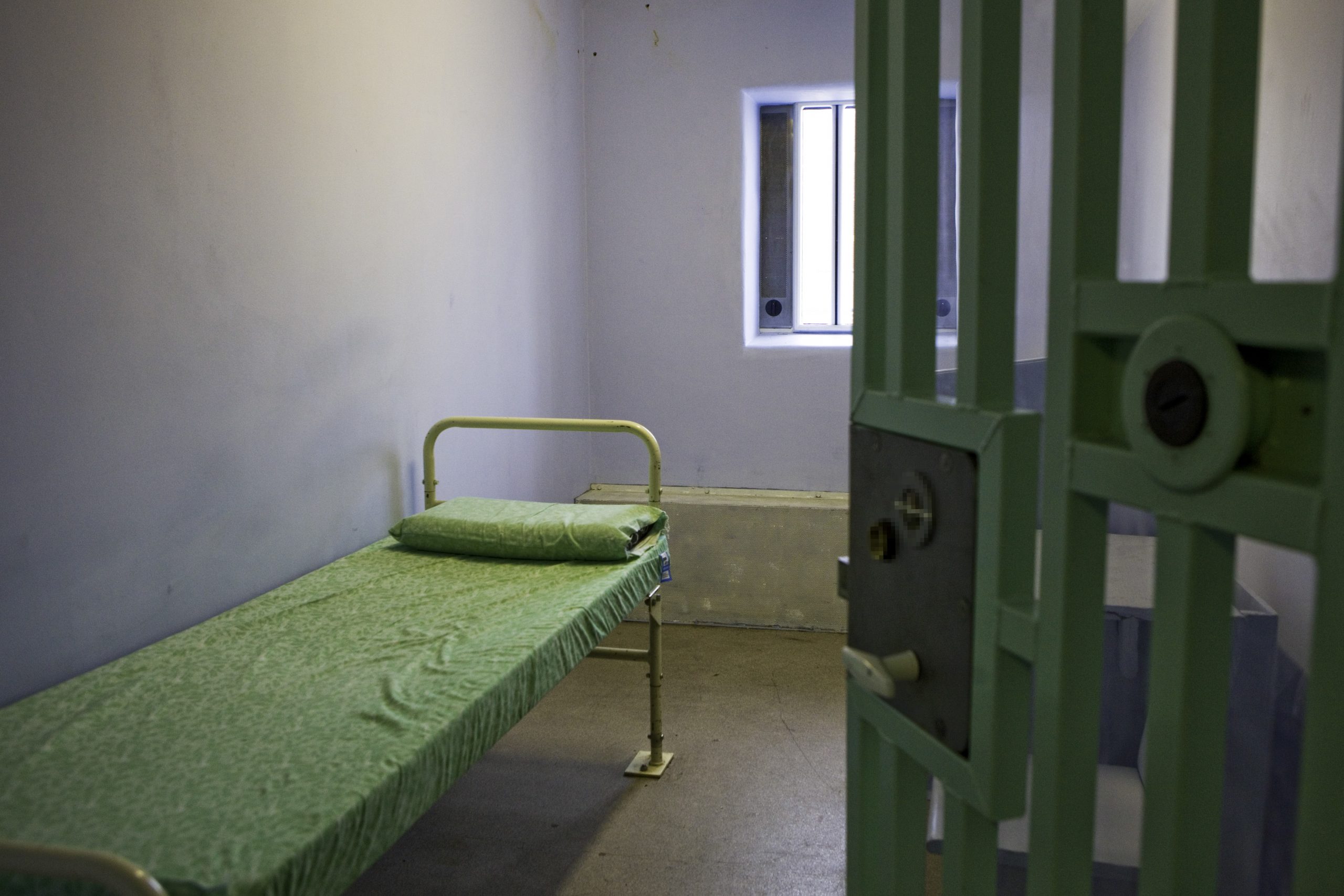More than four out of 10 children in custody claimed to have been bullied or victimised by staff with violence reaching ‘an all time high’, according to the latest damning watchdog report published today of experiences in secure training centres and young offender institutions. Charlie Taylor, HM Chief Inspector of Prisons, stated that the findings show a ‘grim’ picture of violence, self-harm, and long periods of children locked in cells. The report can be found here.
Although the evidence shows that the number of children in custody in England and Wales had been falling steadily, the experiences of the children that are detained has worsened. Some 44% told inspectors they had been bullied or victimised by other children, and the same proportion reported they had been bullied or victimised by staff. One in four children of children reported that they spent less than two hours out of their room on weekdays which shot up to more than six out of 10 (61%) on Saturdays and Sundays. Over a third of children (35%) said that they had, at some point, felt unsafe.
Taylor stated that violence and self-harm in youth offender institutions ‘remained at or near an all-time high’ and only one institution inspected in 2019-20 was described as ‘sufficiently safe’. According to the report, most children ‘did not feel cared for by staff and many spent long hours locked up in their cells, particularly at the weekend’. Inspectors revealed less than half reported being able to sleep easily and and only 68% were able to shower every day.
The report also discusses how black and minority ethnic (BAME) children, who make up more than 50% of the population in custody, fared less well than their white peers. BAME children were more likely to report that they had been restrained and they were less likely to say that they were cared for in custody or were treated well by the staff. Almost two-thirds of children reported that they had been restrained – 71% of BAME children compared to 59% of white children.
Taylor concluded that the findings of the report show how much work is needed to be done to ensure that children in custody are given the support they need to lead successful, crime-free lives when they are released. Taylor also remarked that without reductions in violence and restraint, and a greater focus on education and resettlement, the Youth Custody Service will continue to struggle to adequately provide for the children in its care.
Deborah Coles, Director of INQUEST commented: ‘This report is a damning indictment of the state of child prisons. Cultures of violence, self-harm and restraint are the daily reality of the life of children behind bars. This is a failing system that has proved itself incapable of reform. That only one institution was deemed safe is shameful and points to the need to stop imprisoning children and investing in child centred community services.’







